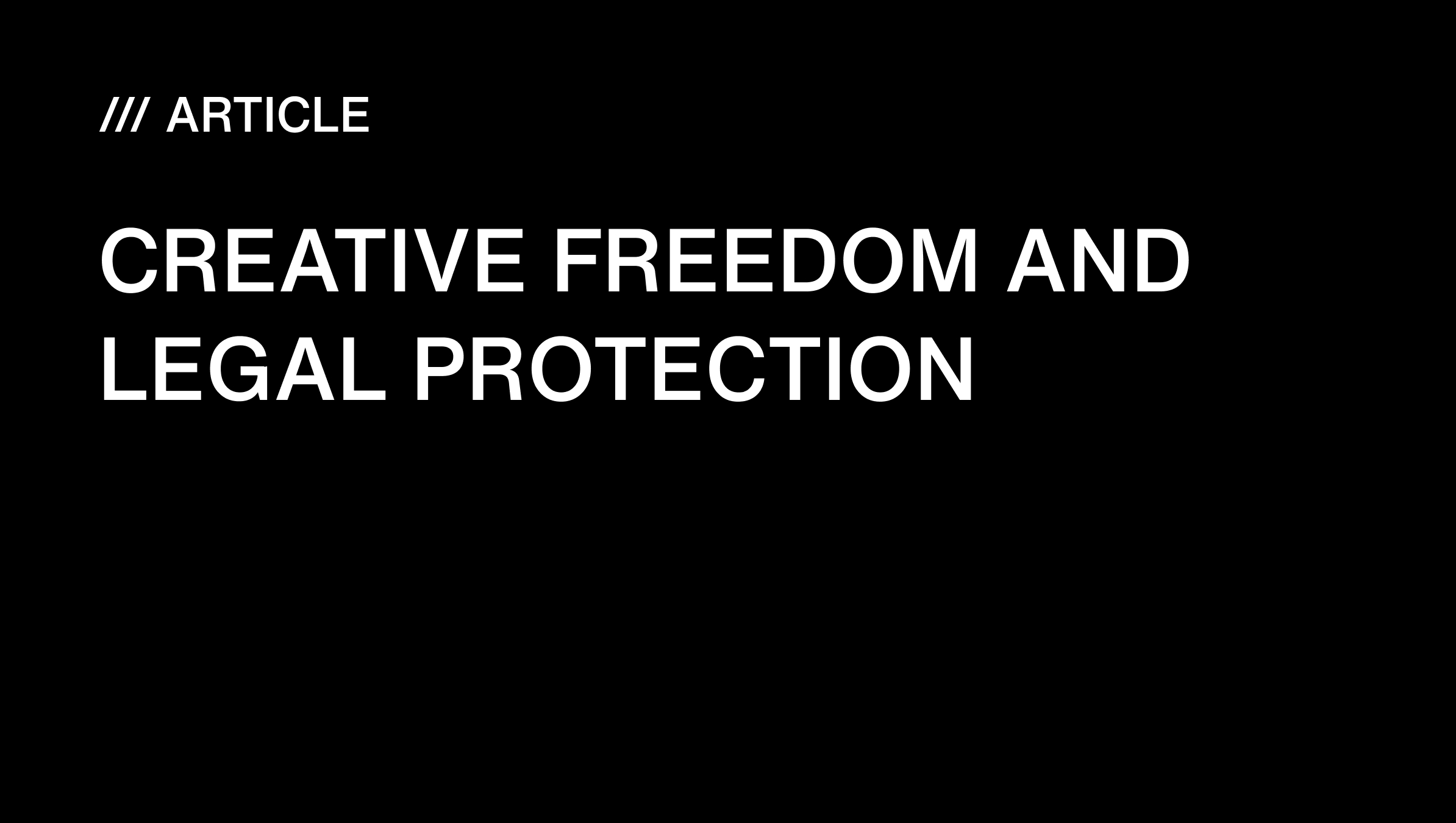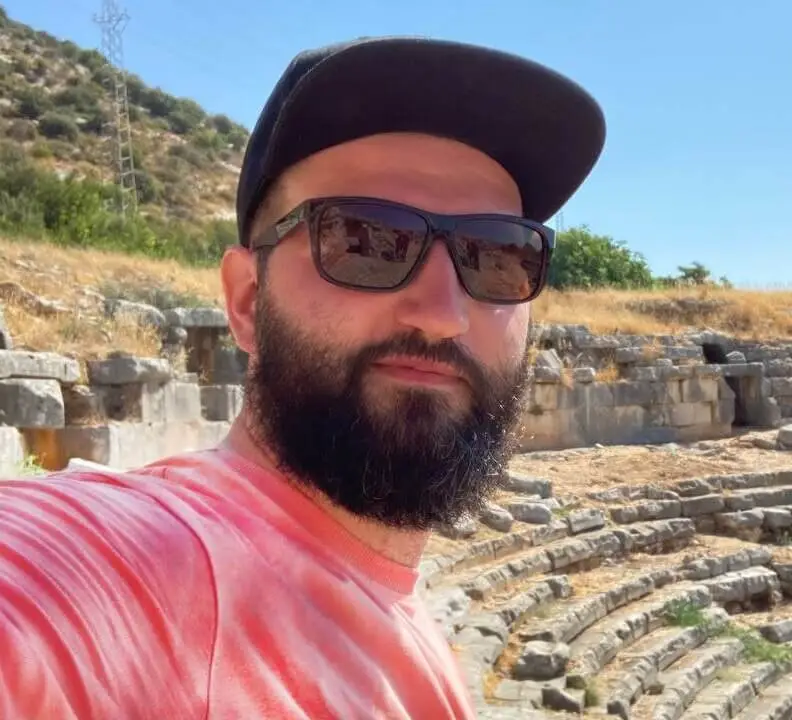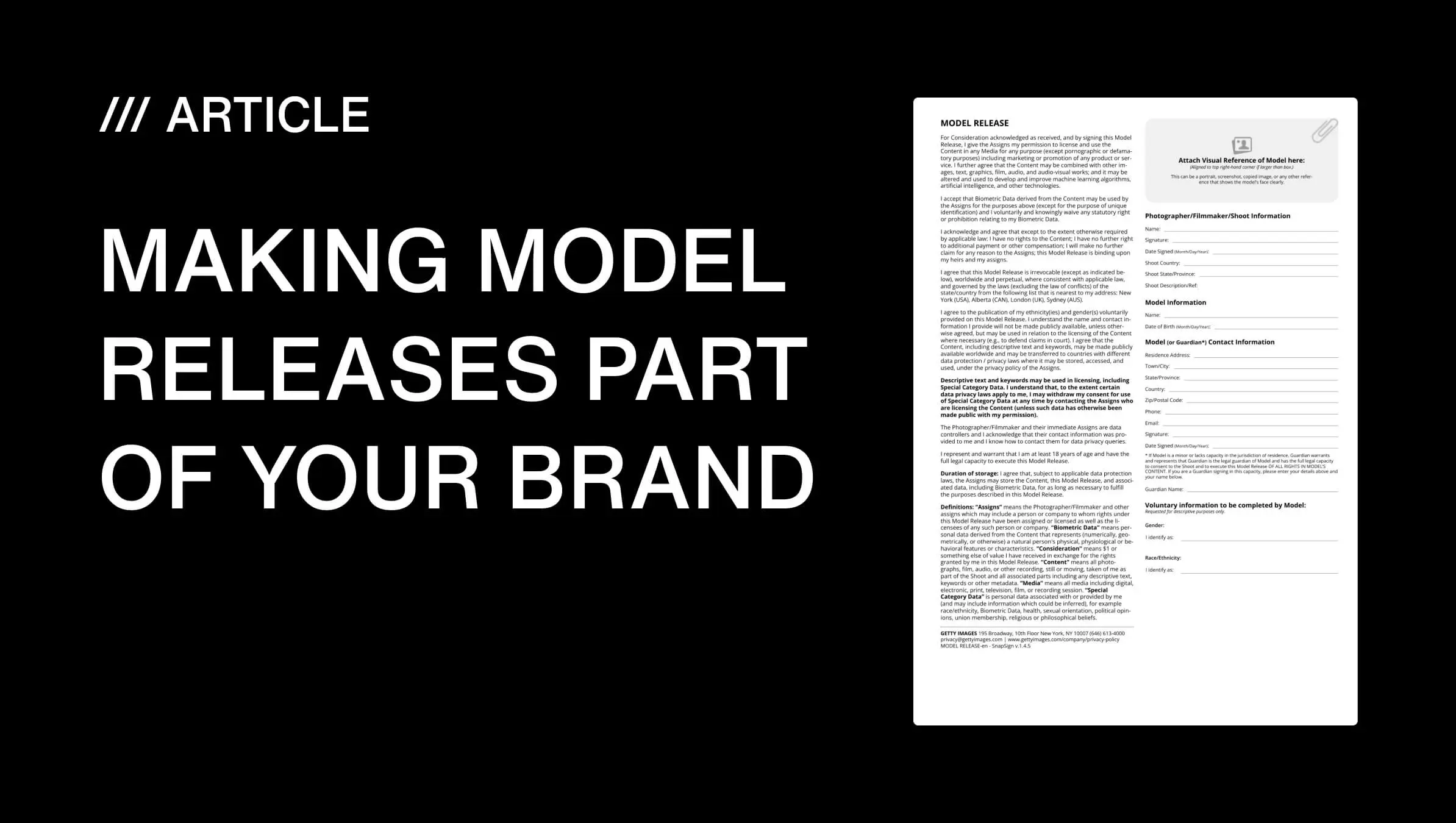Introduction
Alright, so look - if you're here, it probably means you’re a lot like me. You possess that desire, the one you can’t shake off. You draw during Zoom meetings, record videos you never share, jot down thoughts merely to release them. I comprehend.
But what is your reaction when someone claims your work, labels it as their own, and acts as if they originated it? Or worse - when the regulations, the agreements, the "system" restricts before your idea even takes off
That's the game we play. A little tug-of-war between pure, unfiltered creativity and the cold armor of legal protection. And yeah, it’s confusing. But we’re not doing law school today - we’re just gonna talk creator-to-creator. Real, raw, no fluff.
What Is Creative Freedom?
Creative Freedom Explained Through Real-Life Examples
Creative freedom… man, it’s magic. It’s when the idea just moves, no filters, no approvals, just you and your tools vibing in sync. Doesn’t matter if it’s perfect. It’s yours.
I once wrote a full short story on my phone at 3am, drunk off inspiration and half a bottle of red. Didn’t even edit it - just needed to get it out. That’s what this is. It’s chaotic, sure, but it’s real.
Would Banksy ask permission? Would Tarantino water down his dialogue for a PG rating? Nah. They go full throttle. Because anything less? It ain’t honest.
Examples of Creative Freedom in Action
Let’s get specific, yeah?
- • A street shooter catching a stranger mid-laugh under flickering neon - zero staging, just gut instinct.
- • An indie game dev piecing together a dystopian world where frogs rule and capitalism’s a joke. No publisher, no pitch deck - just vision and code.
- • A tattooist burning rebellion into someone’s skin because ink speaks louder than hashtags.
That’s freedom. But let’s be real - it ain't bulletproof. You push boundaries long enough, eventually you bump into rules. And when you don't see 'em coming? It stings.
Why Legal Protection Is Essential
What Legal Safety Really Looks Like
Legal protection’s not some creativity killer. It’s not a corporate leash. It’s armor. A force field that says: “Touch this, and we’ve got a problem.”
I used to think it was overkill. But after seeing a friend get her art ripped and sold on shirts she didn’t even know about? Yeah, I changed tune real fast.
It's the diff between whispering, “That’s mine,” and standing firm with, “Here’s the copyright. Pay up or back off.”
What Happens If You Skip Legal Protection
Skip the legal step, and stuff gets messy. Fast.
- • That original painting you shared? Now it’s plastered across bootleg merch. No credit. No royalty.
- • Your quirky film idea? Hijacked, pitched, and produced by someone else. You watch it premiere… with someone else smiling onstage.
- • Even a five-second background track you didn’t license? That could trigger a takedown. No warning. No mercy.
You post… and it reposted fast. Like, no chill fast. If it’s out there unprotected? It's free game.
Creativity vs. Law: Finding the Balance
It’s Not War - It’s Strategy
Used to think contracts were buzzkill. Like signing one meant selling your soul. But here’s what I figured: legal stuff? It’s just boundaries. Like rails on a skatepark. You can still land tricks. You just avoid crashing headfirst.
Learn the rules, and suddenly you’re freer than ever. You stop second-guessing. You just go.
What Happens Without Model Release
One of my mates took this sick shot - two strangers laughing under string lights. Shared it. It went wild. Picked up by a major mag.
And then... boom. Lawsuit. Turns out, no release. No permission. He wasn’t being shady - just didn’t know.
But the law? It don’t care if you “meant well.” It wants receipts.
How Fear and Self-Censorship Hurt Creativity
Here’s the part no one talks about - what fear does to you. That hesitation when you wonder, “Is this safe to post?” Not because it’s bad. But because the backlash might be.
You start pulling punches. Editing stuff you used to say loud. That’s not growth. That’s survival mode.
And when artists start second-guessing everything? Culture takes a hit. Creativity shrinks. We all lose.
Legal Tools Every Creator Needs in 2025
Copyright: The Built-In Force Field
Make it? It’s yours. That’s the basic. But if you ever need to prove it - to sue, to license, to clap back - you need it registered.
Copyright registration turns “I swear I made that” into “Here’s the receipt, chief.”
Register yours here - it’s faster than you think.
Trademarks & IP: Brand Armor
Your brand isn’t just a logo. It’s your whole vibe. If you’ve got a podcast name, a slogan, a symbol people recognize? Trademark it.
Otherwise, someone else will. And you’ll be the one forced to rebrand. True story - saw it happen to a designer last year. Brutal.
Contracts and Release Forms: Not Just Paperwork
Working with models? Musicians? Writers? Friends? Get it in writing. Doesn’t have to be fancy - just clear.
Model Release = Publish Permission
If there’s a face in your frame and you plan to share it - especially for commercial use - get that release. No signature = legal quicksand.
Licensing = Sharing on Your Terms
Someone wants to use your work? Cool. But set boundaries. A license is a permission slip, not a surrender. It’s: “Yes, but only like this.” You can also explore Creative Commons licenses for flexible sharing models.
Big Hurdles Creators Face in 2025
Digital Theft and AI Vultures
This one’s personal. I posted a concept sketch online once. Two weeks later, it was being used in an AI-generated "original design" on a tee. Different colors, same bones. Zero credit.
The AI art scene? Wild west. No sheriff. No law.
And right now? The legislation ain’t keeping pace. We’re running ahead with no rulebook.
Going International? Good Luck With That
Your country might have solid copyright laws. But overseas? Total chaos. For international copyright help, check WIPO - the World Intellectual Property Organization. Enforcing your rights across borders is like trying to plug a leak in someone else’s boat. Expensive, slow, often pointless. And yet… necessary.
How to Lock Down Your Creative Freedom
1. Get a Lawyer Who Gets Creators
Not some tax guy who thinks “brand equity” means stocks. You want someone who’s repped artists, fought cease-and-desist wars, drafted custom IP deals. Real industry legal brains.
2. Sign Stuff. Even With Friends
I get it. Feels weird at first. But handshake deals turn ugly real quick when money walks in.
Put it in writing. Protect your collab and your friendship.
3. Save Everything. Yes, Everything.
Emails. DMs. Drafts. Screenshots. Timestamps. Your digital trail? That’s your sword when the legal dragons show up.
Key Takeaways for Protecting Your Creative Work
Look - creative freedom is wild, it’s chaotic, it’s what makes the world worth watching. But it’s fragile. Without protection? You’re just hoping you don’t get burned.
So go weird. Go loud. Take risks. Create like your life depends on it. Protect it like your rent does. Because yeah - maybe it actually does.





